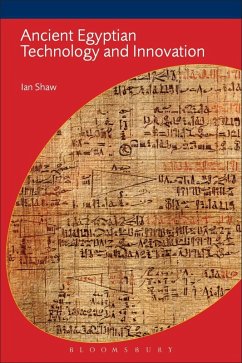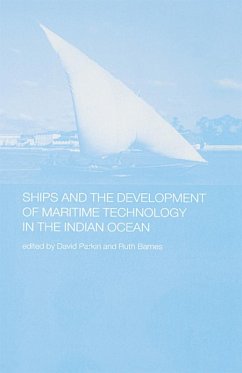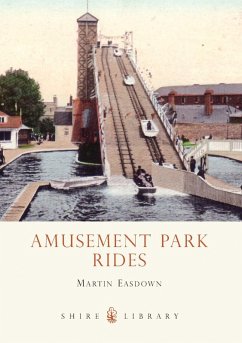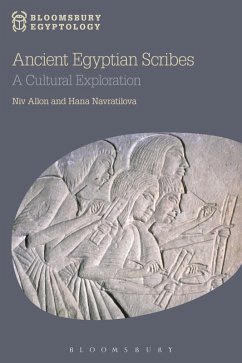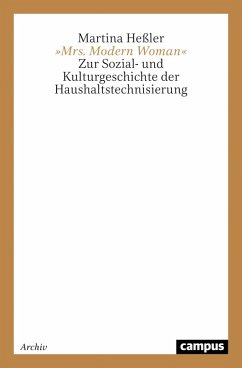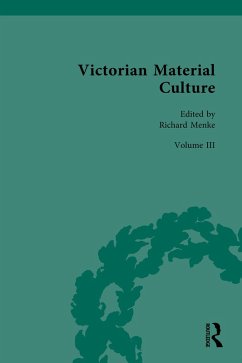
Ancient Egyptian Technology and Innovation (eBook, PDF)

PAYBACK Punkte
14 °P sammeln!
This book examines the fundamental evidence for many different aspects of change and evolution in ancient Egyptian technology. It includes discussion of the wider cognitive and social contexts, such as the Egyptian propensity for mental creativity and innovation, and the pace of change in Egypt in comparison with other African, Mediterranean and Near Eastern states. This book draws not only on traditional archaeological and textual sources but also on the results of scientific analyses of ancient materials and on experimental and ethno-archaeological information. Case-studies analyse those asp...
This book examines the fundamental evidence for many different aspects of change and evolution in ancient Egyptian technology. It includes discussion of the wider cognitive and social contexts, such as the Egyptian propensity for mental creativity and innovation, and the pace of change in Egypt in comparison with other African, Mediterranean and Near Eastern states. This book draws not only on traditional archaeological and textual sources but also on the results of scientific analyses of ancient materials and on experimental and ethno-archaeological information. Case-studies analyse those aspects of Egyptian society that made it either predisposed or actively opposed to certain types of conservatism or innovation in material culture, such as the techniques of stone-working, medicine, mummification and monumental construction. The book also includes detailed discussion of the ways in which the practice and development of Egyptian technology interrelated with Late Bronze Age urban society as a whole, using the city at Amarna as a case-study.




